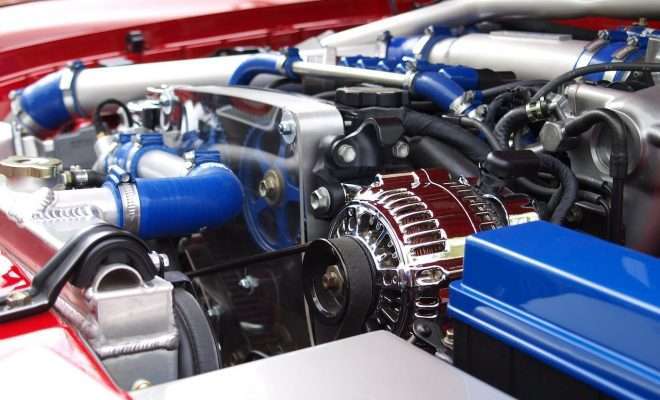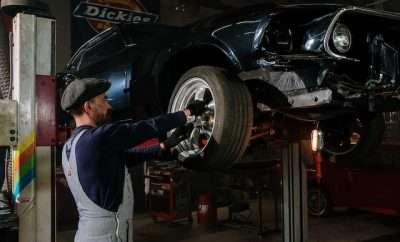
A Handy Guide for Automotive Filters – Oil, Air and Fuel Filters Explained
A Handy Guide for Automotive Filters – Oil, Air and Fuel Filters Explained
In vehicles, four types of filters are used: cabin filters, air filters, oil filters, and fuel filters. These automotive filters are essential for safeguarding the vehicle’s performance and engine. They facilitate proper flows and capture impurities like dirt and contaminants, preventing potential vehicle damage or corrosion.
Various filter types serve different purposes within a vehicle. You’ll get a wide range of automotive filters, including oil filters, fuel filters, air filters, hydraulic filters, and cabin air filters, catering to diverse filtration needs at reputable automotive parts shops. Following is a handy guide for automotive filters – oil, air and fuel filters explained.
Oil Filters
Oil filters are responsible for eliminating contaminants from your vehicle’s engine oil, transmission oil, hydraulic oil, or lubricating oil. By effectively removing impurities, the oil filter ensures optimal engine performance.
When choosing an oil filter for your vehicle, it’s crucial to consider the make and model to ensure compatibility. Factors such as mileage and oil type should also be considered. When selecting a filter that meets your vehicle’s performance requirements and specific needs.
If you notice signs of damage or encounter problems like changes in acceleration or exhaust colour. It’s crucial to promptly replace your vehicle’s oil filter. As a rule of thumb, changing your car’s oil filter every 6 months or every 5,000 to 10,000 kilometres is recommended; whichever comes first. Some manufacturers suggest changing the filter with every other oil change to prevent potential issues.
Air Filters
Air filters are designed to filter out harmful particles from the air. Such as dust, dirt, pollen, and bacteria, preventing them from entering your vehicle’s engine and safeguarding its performance.
When your car’s air filter encounters issues, you may notice reduced vehicle performance in some way. It could be air conditioner problems, decreased power, higher fuel consumption, or overall reduced performance. In such cases, you’ll likely need a new air filter, or your current one requires cleaning.
It’s advisable to replace your car’s air filter every 12 months or every 15,000 to 20,000 kilometres, whichever comes first. Regular air filter changes ensure proper filtration, reducing car emissions, enhancing fuel efficiency, and protecting the engine’s performance and longevity.
Fuel Filters
Fuel filters are essential components that filter out contaminants like dirt or debris. While ensuring smooth fuel flow in your vehicle, thus safeguarding engine performance. A clean fuel filter is crucial for your vehicle’s performance and safety. Ensuring that only pure petrol reaches the engine without any impurities.
Signs of failing fuel filters may include poor engine performance, stalling, or difficulty starting the vehicle. If you notice these symptoms, replacing or cleaning the fuel filter based on its condition is advisable.
It’s recommended to change your fuel filter every 30,000 to 40,000 kilometres, considering your service history. However, specific scenarios, such as; regularly driving on dirt roads or engaging in off-road activities. May require more frequent changes, around every 20,000 kilometres.
Automotive Filter Changing & Servicing
Regular maintenance and servicing of automotive filters are vital. To detect any issues promptly and prolong the life of your car’s engine while enhancing fuel efficiency and reducing emissions.
The timing for changing your car’s filters depends on your type, whether it’s based on a specific mileage range or a set time, whichever comes first. Your user manual typically outlines when filter changes are necessary, but it’s also beneficial to keep track of replacements to stay ahead of maintenance needs.
Wrapping Up
Regular maintenance of automotive filters is essential for optimal engine performance, longevity, and environmental impact. By staying proactive with filter changes and servicing, you can ensure early detection of issues, prolong engine life, improve fuel efficiency, and reduce harmful emissions.
Keep track of your filter replacement schedule to stay ahead of maintenance needs and enjoy a smooth driving experience in the long run.














